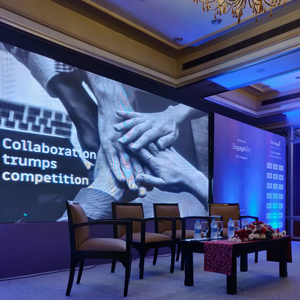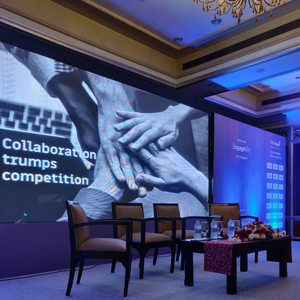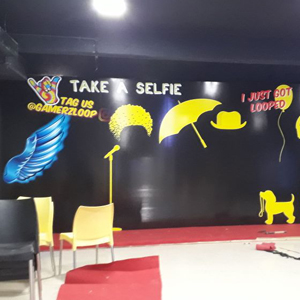The Complete Guide to Virtual Events in 2023
This is a Complete Guide to Virtual Events in 2023.
In this in-depth guide you’ll learn:
- Need to Know about Virtual Events
- Why Host Virtual Events
- Key Features of a Virtual Event Platform
- How do you organize Virtual Events?
- Lots more
So if you’re ready to go “all in” with Virtual Events, this guide is for you.
This article lists the most common virtual events during this period that offer immense value to customers and their audiences. So, let’s look at some of these.
Contents
Chapter 1
Need to Know About Virtual Events
Chapter 2
Why Host a Virtual Event?
Chapter 3
Virtual Event Objectives and Strategy
Chapter 4
Key Features of a Virtual Event Platform
Chapter 5
How Do you Organize Virtual Events
Chapter 6
How to Engage Your Attendees?
Chapter 7
Trends of Virtual Events in 2023
Chapter 1
Need to Know About Virtual Events
In this chapter, we’re going to cover the basics of Virtual Events.
Including what are Virtual Events
Types of Virtual Events
And Difference Between Physical and Virtual Events
Let’s go inside.

What are Virtual Events?
A virtual event is a live event that is broadcasted online and is attended by many people from all over the world. It offers an interactive experience for those who are not physically present at the event.
It works by using communication tools such as Skype, Google Hangouts, and Zoom to connect people in different locations. The event organizers can also use social media platforms like Facebook Live to broadcast live videos of the event and engage with participants on a more personal level.
Its aim is to provide a complete event experience without the need for attendees to leave their rooms.
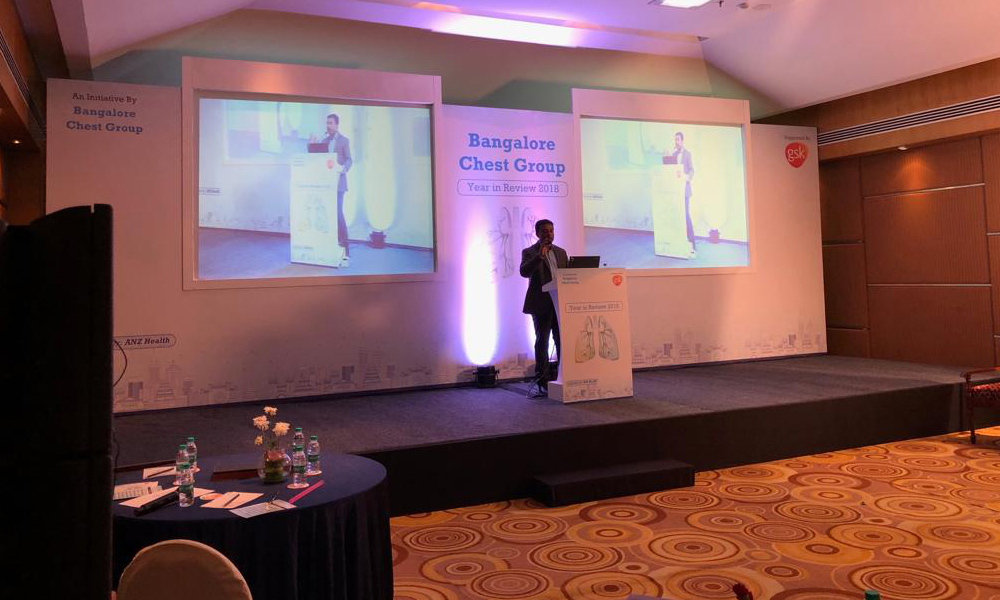
Types of Virtual Events you can Host
Virtual Meetings & Summits
With powerful online tools for engagement, organizers were able to reach a wider audience and invite keynote speakers from around the world. It helps to save costs and fulfill their goals more effectively than physical conferences.
Online Trade Shows & Exhibitions
We all agree that the primary goal of any business is to maximize profits by increasing leads. But are we really raising them if we don’t reach a global audience? The best part is that it is never too late to get it right. Hosting a virtual trade show & expo enables organizers to explore worldwide opportunities. Then, they can use live chat tools, educate them about their offers using live webinars, and exchange warm leads with the in-event e-store.
These events allow visitors to browse through exhibitors’ booths and ask questions about products and services.

Webinars
Webinars allow attendees to hear or watch speaker current content regardless of their location. Webinars use video conferencing software that allows the presenter to perform Q&A rounds, deliver live or taped video presentations, and in particular, capture content on an on-demand basis. Webinars also include external and internal training sessions.
These are live, interactive presentations that can be watched by anyone who has internet access.
Virtual Conferences
These virtual events allow participants to attend sessions, network with other attendees, and access content on the event website.

Difference Between Physical and Virtual Events
No surprise here, but the physical and virtual surroundings have a big impact on the end result of the event. That is why physical events are always better for networking and engagement, while virtual events are better for content. Here are three main differences between physical and virtual events in understanding it better.
Timeline
An individual event has a structured and simple timeline. In general, a face-to-face event with multiple dynamics such as round tables, keynote speeches, workshops, and networking sessions can last from one day to more. These dynamics usually fill up throughout the day.
Online events, however, do not require a linear timeline. You may have an hour-long online event or a three-day online event with one keynote speech per day. As face-to-face events revolve around a packed agenda and keep attendees engaged from morning to evening, online events are less constructive.
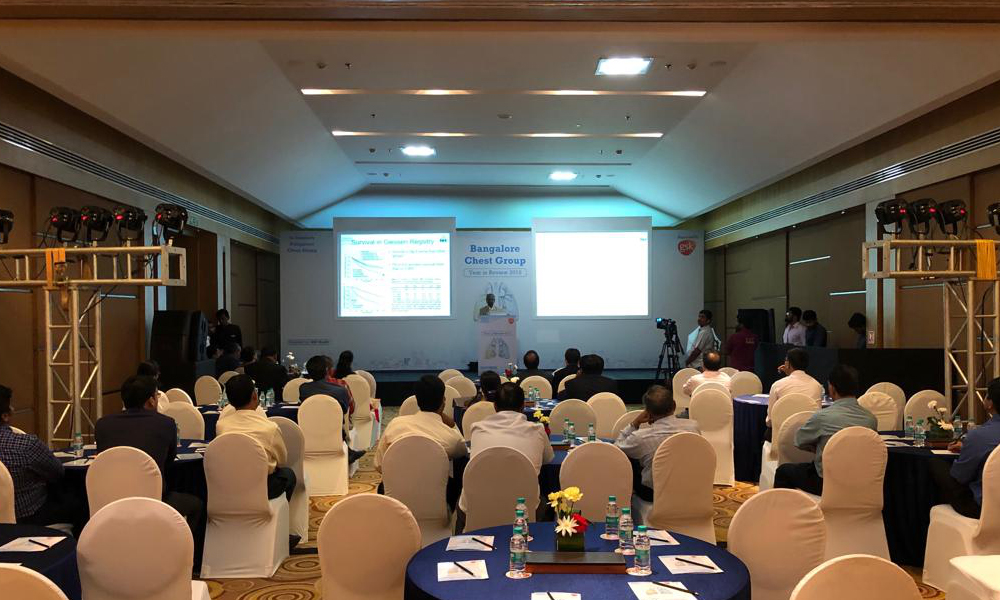
Venue
Any physical event must be performed at a venue. But this is not the case with online events. This element gives you a certain level of flexibility. Think about it: In order to attend your event, people have to travel from different countries or cities. The stage is physically conditioned, which means space is an important part.
Venues can only accommodate a limited number of people, so the scope of your event is limited to space. However online events are unlimited. Online platforms allow you to reach an international audience and connect with people from all over the world.
Experience
With live events, you have a physical experience. You have to travel, get to the venue, and enjoy a full day. Your senses are engaged in the experience and you are dedicated to learning as much as you can throughout the day. Choose experience top event management company for your virtual events.

Four Parts of Virtual Events
As you can see, a Virtual event is inherently different from its physical counterpart, and it has a bigger idea of where your priorities should be. Here are four areas you need to think about:
Promotion
Virtual events are closer and more accessible to a wider audience, but without proper publicity, it can never happen. Think about the different elements used to promote the event, such as the landing page, social media and email campaigns.
Content
Virtual events are all about content. More specifically about providing diversity and value to those they attend. This is a top priority for each session in your event. You need to think a lot about your speakers and what meaningful content they can bring to the event.

Engagement
Without human interaction, virtual events have to think outside the box when it comes to engagement. This means focusing heavily on tools such as live chat, polls, and quizzes to keep attendees engaged and away from the many online distractions out there.
Technology
Technology not only captures all the components of a virtual event but also distinguishes between low-quality and high-quality events. From landing pages to streaming and tracking data, technology enables virtual events.
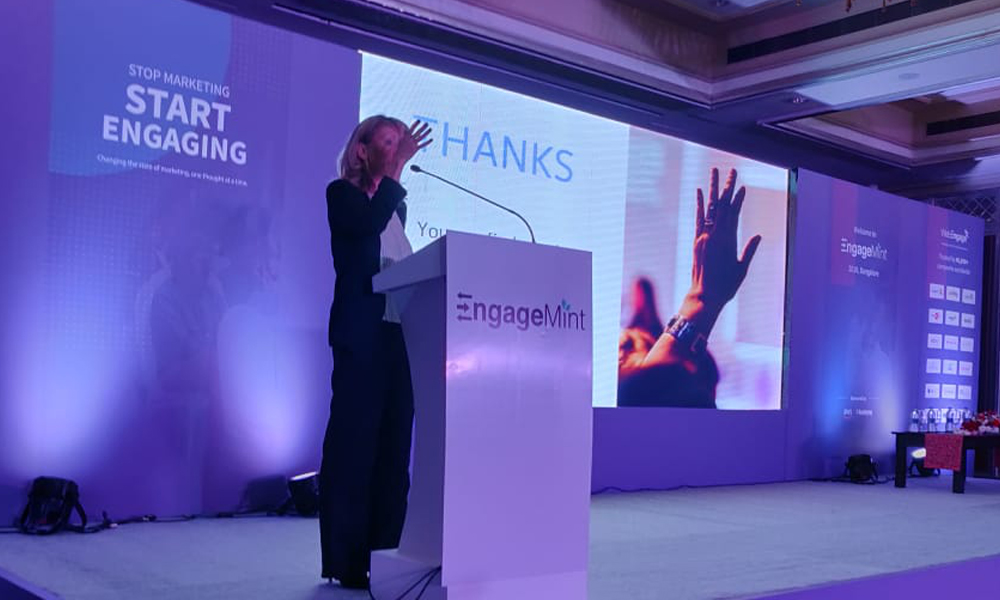
Chapter 2
Why Host a Virtual Events?
Virtual events are organized in the same way as personal events: to deliver leads, increase revenue, deliver your company message, drive acceptance, and create loyalty lifetime value.
Meeting and event planners have been choosing between individual, virtual and hybrid events for years and each type of event comes with its own pros and cons.
For example, the webinar benefits from being virtual because it was deliberately built to streamline the broader network to provide thought-leadership, training, or other content, while the user conference or regional training program was deliberately built to create.

Here are Some Reasons to Host a Virtual Event:
Accessibility: While the event is still being organized in person, virtual options allow you to keep attendance unattended.
Budget: Help your company reduce costs and move money to the biggest event of the year, bringing in the largest number of leads by virtually making small events and webinars.
There is No Other Option: Due to extreme weather, travel bans, or other actions, you may have to virtually cancel your personal event or cancel it altogether.

Expand Your Audience & Inclusion
From financial and budget issues to health causes and disabilities, it can be difficult for many people to attend personal events.
For example, allows you to include people with personal or logistic challenges, adding an element of inclusion to your strategy. Especially if the problem of not attending the event is financial, allowing people to attend virtually for the first time may also be a factor in selling them to invest large sums in your event in the future.

Save Time & Money with Logistics
Virtual events are a great option for meeting and event planners to deal with declining budgets. In fact, virtual events cost 75% less than personal experiences, as planners usually save money on staff, venue, setup and removal, accommodation, meals, travel expenses, and more.
At the very least, planners should only worry about the cost of their virtual meeting platform. Planners generally save a lot of time on logistics when hosting a virtual event compared to a live experience. Although virtual events require some setup time (e.g. event website, registration, event marketing, promotion, etc.) and some additional coordination with the presenter, this is far less than an individual event.
Overall, virtual events are a great choice for companies facing budget constraints or needing a quick turnaround time.

Event Flexibility
Have you considered the convenience of not having to put your event on the same physical stage? Since virtual events take place online, you have a lot of flexibility in how you stream your event.
Whether you are hosting a Thought Leadership Conference, Virtual Town Hall, Sales Kickoff or any other type of event, you can choose to make sessions interactive, offer a variety of language options, invite guest speakers, and more. Provides the ultimate event convenience not only for the event host but also for your attendees.

Collect Powerful Data
Gathering and measuring feedback and engagement for all types of events is crucial. However, including getting people involved and tracking key KPIs such as mobile event apps, surveys, etc.
Event Backup Plan
The future of virtual events becomes a regular feature of any meeting or event. Since event turn-around times are less than two days, virtual events are in the back pocket of each event planner for unexpected cancellations, postponements or large reductions in attendance. Having a partner who is willing to help translate your personal event into virtual, including virtual components is essential and is crucial in saving your event.

Make Events More Accessible To Global Audiences
Most events are aimed at local audiences rather than across different countries/continents.
People around the world can access them by reducing the travel costs associated with attending the event.
By using the Virtual Events Platform, you do not have to worry about compliance with social distance rules. They provide a safe place for all attendees to enjoy the event from anywhere without the risk of infection.
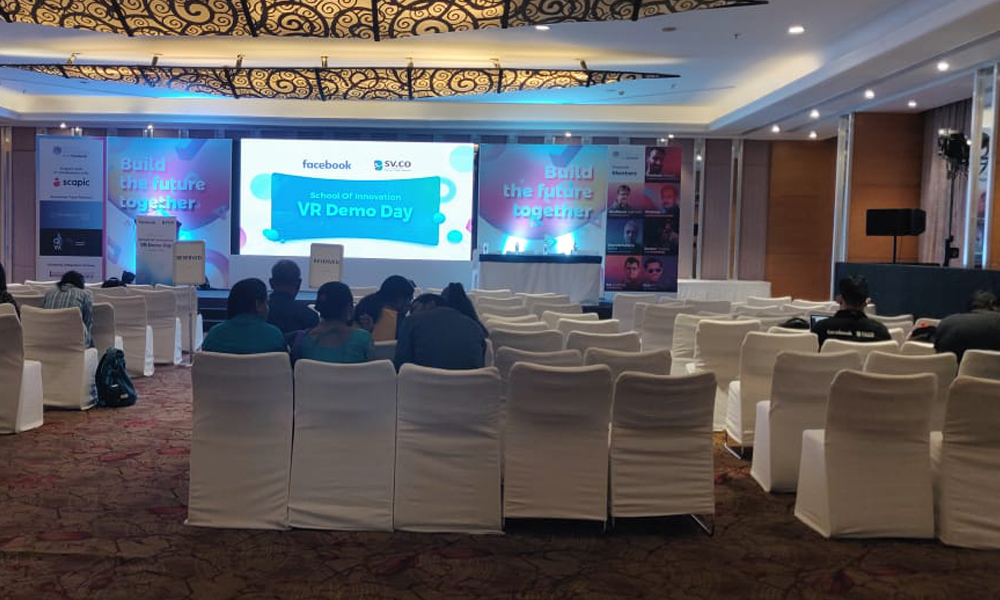
Plan and Execute Quickly
The best thing about virtual events is that you do not have to worry about many things, such as negotiating with the stage, setting up the stage, and training the staff to help your attendees navigate through the stage.
In fact, planning and executing a virtual event takes up only a fraction of the time spent planning and executing a physical event of the same audience size.
You can also customize each part of the virtual event to create a unique experience for your audience, but it takes much less time compared to creating a physical experience that offers the same value.

Chapter 3
Virtual Events Objectives and Strategy
Your virtual event strategy will definitely set you up for future success. It is decision-making and action-setting framework that sees to it that every action you take is in line with your initial intentions.
In other words, you follow your master plan when planning your event. It helps you stay focused, avoid wasting time on irrelevant things, and devise actions that specifically serve your goals.

Align Your Virtual Events Strategy with Your Business Goals
Regardless of the various reasons you have for hosting virtual events, you will not receive rewards if they do not meet your overall business goals. That is why the first rule should always be to determine what you want to achieve and, most importantly, whether it will have a positive impact on your business goals.
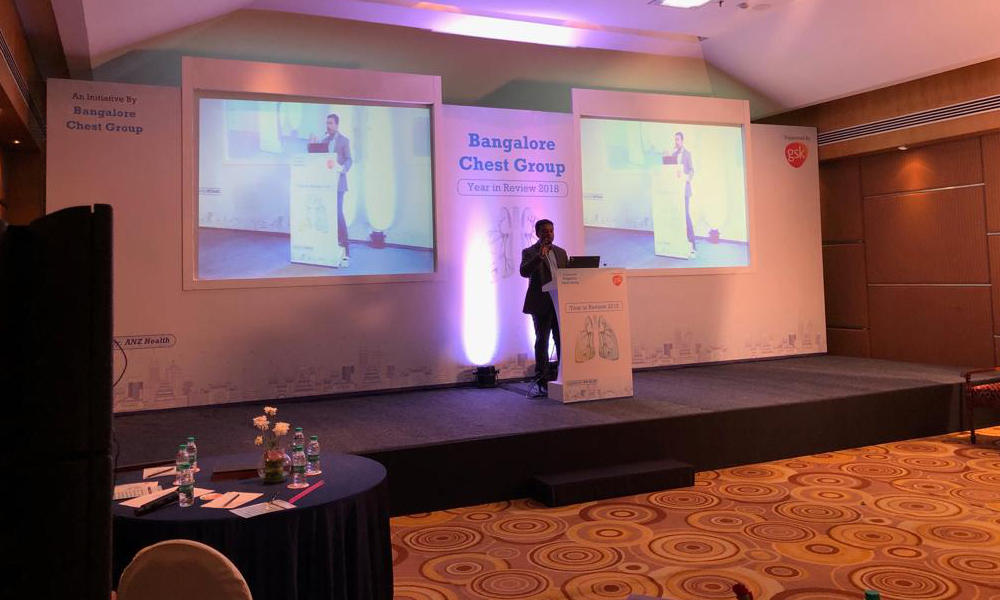
Identify Your Ideal Target Group and Identify Their Biggest Challenges
The more you know about your attendance, the more value you can create by creating an event tailored specifically to their needs. You can answer the biggest challenges they face and with this, you create virtual events that arouse the interest of your attendees.

Determine the Structure, Design, and Branding Of Your Virtual Events
It is important to connect the dots between broader goals and more specific details, which will give you structure, texture, and branding. Always have a clear understanding of how you want your virtual events to be and what you are going to do with the rest of them out there.

Agree On the Frequency and Promotion of Your Virtual Events
Is your event going to be planning to run a series of events? The answer to this question determines how much time and effort it takes and where to divert attention. It is also important to remember your own capabilities and how big your marketing department is.

Chapter 4
Key Features of a Virtual Event Platform
There are many things to consider and consider when researching and choosing your virtual event platform. Because of things like the coronavirus you need to quickly select your virtual events platform if you want to turn your personal event online.
You need a list of top key features to evaluate when choosing yours.
Below we have outlined the key features that the best virtual event platforms must have to assist you in hosting successful online events.

Customization
As with the event management software platform, planners should look for a virtual events platform that offers customization features:
- Brand Event Website
- Customizable registration capabilities
- Branded Web Room
- Customizable email templates
If attendees log in to your virtual event’s registration page and see the logo of the virtual platform, they will be confused and decide not to register for your event.

Networking and Engagement Feature
As with individual events, it is essential to communicate with your attendees at all stages of the event life cycle and keep them engaged in your virtual sessions. So make sure you ask virtual event platforms these questions:
Is there a chatting, messaging or group chat feature on this virtual events platform?
Is there a Q&A feature on this virtual events platform?
Is there a live polling feature on this virtual events platform?
Is there a Feedback Surveying feature on this virtual events platform?
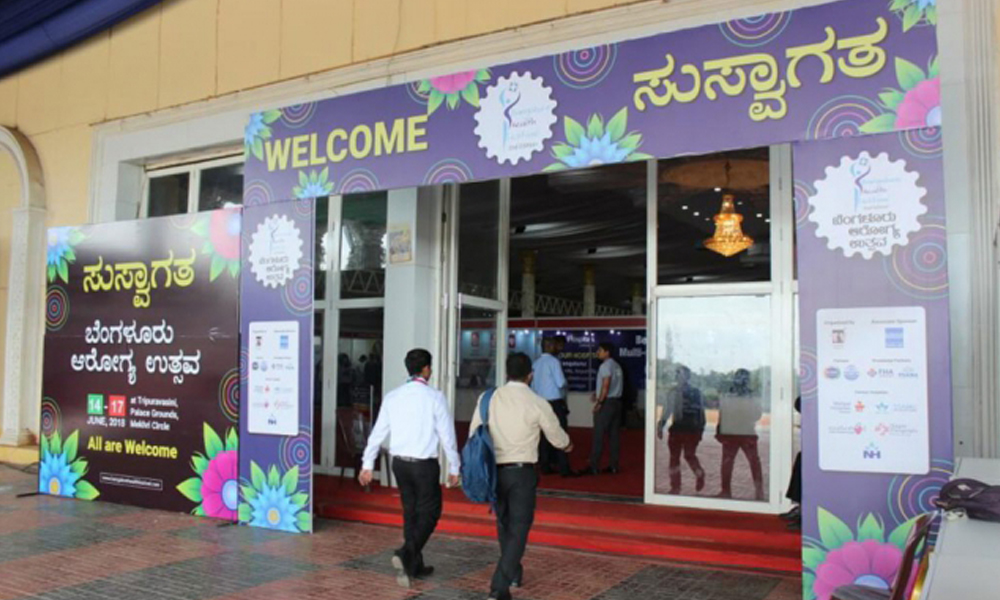
Event Management Software Integrations
Even if your event is online, you still need what you need to effectively plan, market and organize your event. There event management software integration or partnership with your virtual events platform is crucial.
When used together, the event management software and virtual events platform can save you time and money by storing your data in one place and taking care of everything from your event.

Sponsorship Opportunities
Instead of the option of placing the sponsor’s logo on a sheet with a group of other logos, a great way to attract sponsors is to provide the logo placement opportunity on the event’s welcome page. Here, top-level sponsors can place standard logos or video messages intended for attendees. You can also provide customized pages at the virtual event, where sponsors can post live product presentations, catchy video footage and more.
Virtual Booths
Although virtual platforms do not repeat face-to-face meetings, they do allow networking with each other. Virtual event booths are similar to the stands you see at individual events such as trade shows and festivals and make it easy for sponsors, organizers and attendees to connect.
Virtual Event Booth with integrated live video conferencing and reporting allows you to turn event leads into worthwhile opportunities. If you’re aware of a promising opportunity at your event, it’s easy to invite them to a video chat instantly.

Social Media Integration
Social media plays a big role in engaging and connecting your attendees to your virtual event. During your online event, attendees may want to share quotes, screenshots, or general event takeaways with their social media audience. So it is very important to allow them to share content directly from your virtual platform to their social networks and help you create more sensation around your event.

Live Troubleshooting
No matter how prepared you are for your virtual event, as with individual events, errors are more likely to occur. Since everything happens online, for virtual events, the probability of technical errors is much higher than in private events (e.g. your presenter microphone input will stop working or your keynote speaker or attendees signal will be reduced, etc.). That’s why it’s important to make sure your virtual event provider offers live troubleshooting.

Identify Your Long-Term Goals
Just because you need your virtual event platform here and now, do not mean that you do not need or can use the platform in the future. So, while it’s important to think about how the platform fits into your company’s immediate goals, it is also important to weigh your organization’s long-term goals.

Chapter 5
How do you Organize Virtual Events
In this section, we are answering a question that is “How do you Organize Virtual Events”
Here are some key things to consider like Set Your Goals, Determine Your Audience, Set the Timeline, Identify the Budget, and more.
Let’s check out these…..

Set Your Goals
Identify your event goals. Simply put, you need to know why you are hosting a virtual event. Think about what you are trying to achieve. So, these goals include audience expansion, lead generation, and so on.
Determine Your Audience
Then, identify who your audience is. Check industry data and your own searches to see the demographic details you are attracted to. After that, you can reduce who you want to bring into your net.
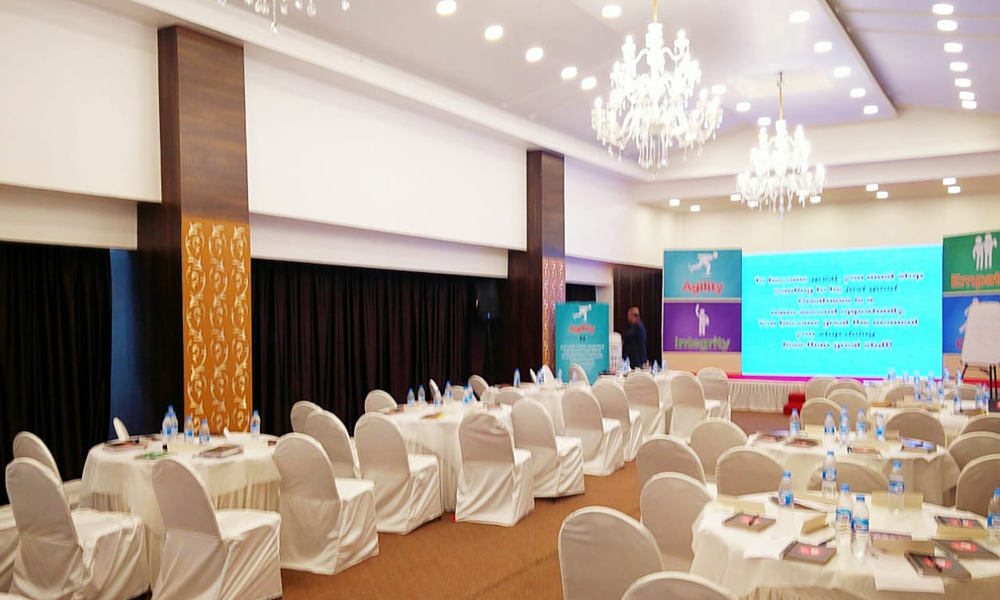
Set the Timeline
See which dates work best for you and your audience. Then, make sure you have made the relevant arrangements in advance.
Identify the Budget
You also need to determine the budget for your event. Different types of virtual events have variable costs. So, you need to get clear expectations in time. And then, you can make sure of what features you want to add and even run marketing campaigns.

Reach Vendors & Platforms
Once you have lined up the basics, you can contact the providers. Now, you can talk to different event hosting vendors. This way, you can finally get down to the essentials.
Get Speakers & Exhibitors on Board
Of course, your event needs a share of speakers and exhibitors. Invite leading industry leaders and shareholders for this purpose. They help you attract visitors and make your event a success.

Send Invitations to the Audience
Now, you can finally invite your visitors. Use media like social media, email marketing, and targeted calls to attract your audience. Also, open your registration portal. It makes things easier for those in attendance. Furthermore, you will also get all the attendance statistics you need.
Run Your Event
At this point, your event may be in full flow. Focus on managing it well and interacting with all stakeholders. So, make sure you have a support system throughout.
Collect Post-event Data
After everything, go over your event data. Different types of virtual events give you deep audience insights. You can use these to enhance future events and gain business intelligence. So, this data is very useful and valuable. You can add this to Exhibitors and other companies.

Chapter 6
How to Engage Your Attendees?
I know what you’re thinking – “How to Engage your Audiences?”
Here are some key things to consider like Winning Content and Marketing Strategy, Design Interactive Sessions, Networking opportunities, and more.
You must look for these ideas to engage your audience.
The following list will help you in the same way:
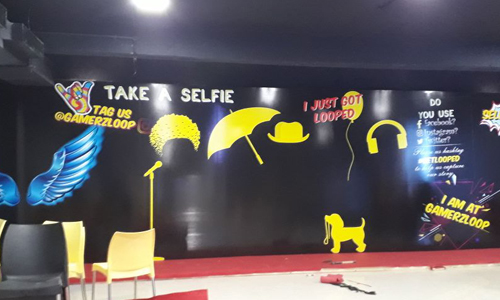
Winning Content and Marketing Strategy
The virtual environment brings their focus towards the cause of your virtual event by creating exciting marketing strategies for your audience and specializing in minimizing other distractions.
Invest in Product Quality
In an effort to provide a complete branded experience for your virtual attendees, you need to spend on product quality. Investing in product quality requires using the best virtual platform to provide an immersive experience for your audience.
The ability to combine your company’s branding and interactive features into a virtual event platform can help you deliver a realistic experience to your audience.

Design Interactive Sessions
Improving the presentation of surveys, chat boxes, quiz sessions, quizzes, polling, virtual events, and making remote viewers feel integral to the conversation. Question submissions are another important feature.
With an appropriate platform, you can facilitate two-way video communication between the presenter and the audience that all other viewers can observe in real-time.
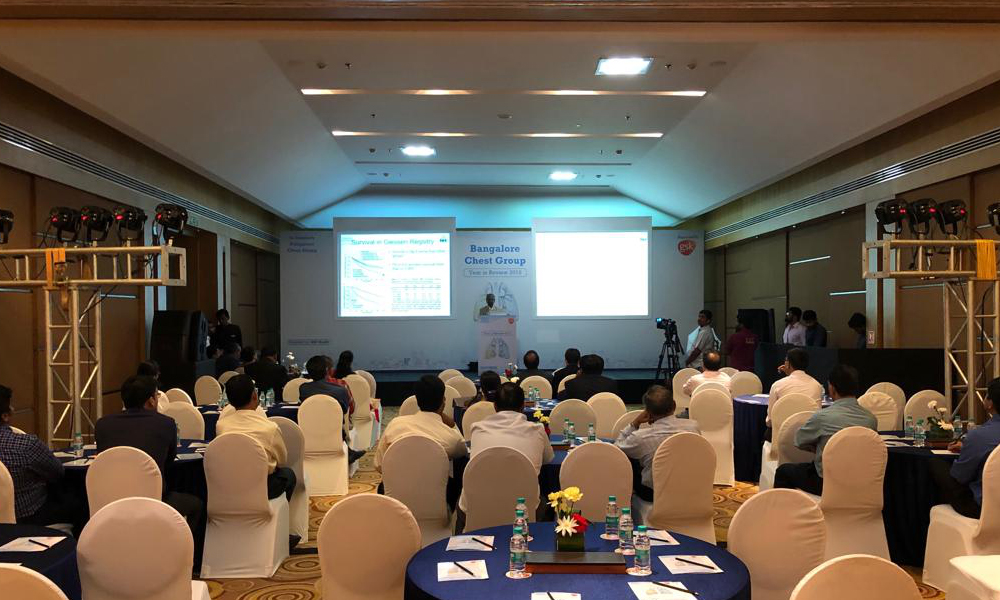
Catch Fewer Sessions
Engaging those attending virtual events or live stream sessions is essential for event success. Being part of a personal event with music, performance and inspiring speeches is completely different than attending a virtual event.
Virtual events are more visible and there are chances that the audience will be away during the online event. That is why keeping short sessions increases the chances of extending the engagement.
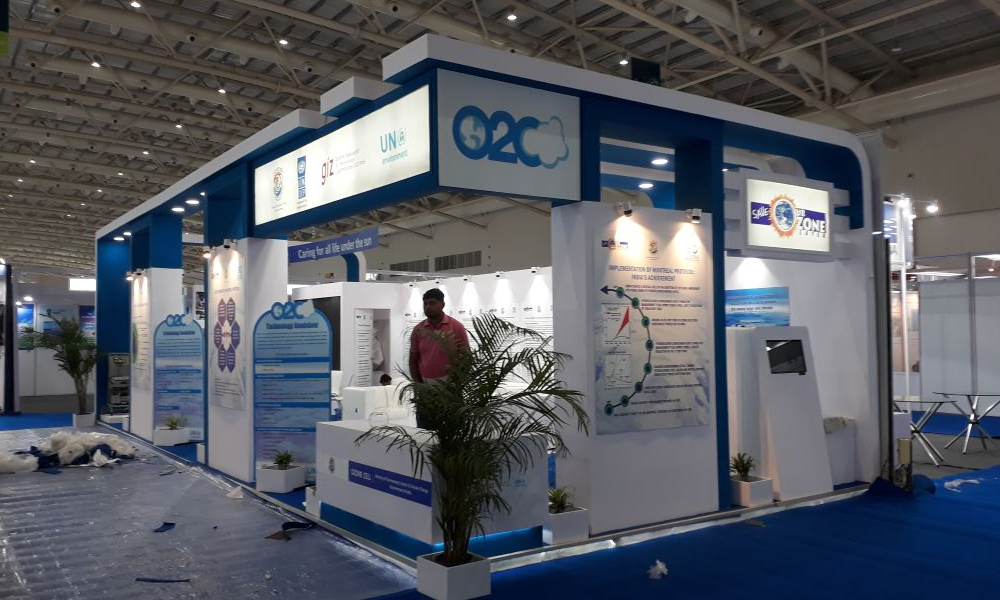
Networking Opportunities
Undoubtedly, networking is a fundamental key to event success. Networking zones such as networking tables and lounges have discovered virtual social spaces where spectators, exhibitors, and speakers can interact.
Since they do not engage in face-to-face encounters, there is nothing to miss in Leeds during virtual events. By using AI matchmaking, it will be easier to list common interests and find opportunities to interact with similar members.

Make the Most of the Game play
Adding enjoyable and varied games will ultimately help to enhance the overall event experience. Features like social space and sign wall allow you to increase your global reach. Digital games such as word puzzles, spin the wheel, shooting games, etc. are excellent alternatives to avoid distracting the audience.
These games not only engage the attendees but also reduce fatigue during the events. You can use them to reach exhibitors, connect with other teammates, compete and collect points. In the end, everyone loves to win.

Chapter 7
Trends of Virtual Events in 2023
It’s time to think about Virtual Event Trends. If you have desires in settled trends for your Virtual event and here are a few trends to match your desires and find perfect trends for you.
We hope these Virtual Events trends will inspire you and take you one step closer to the event day of your life! Get into these virtual event trends….

More Interactive Virtual Experiences
Virtual event technology has come a long way in almost two years since the pandemic. Event organizers had to switch to online events overnight. During the epidemic, many people called for their first virtual event. As virtual and hybrid events became more common, attendees’ expectations increased exponentially.
Attendees continue to expect more interactive virtual event elements in 2022. Virtual event planners are responsible for providing immersive experiences that are similar to traditional personal experiences.

Improved Security Features
Cyber crime is on the rise during the epidemic. Virtual event technology providers work to overcome the growing sophisticated security threats. Look for a virtual event platform that offers advanced security features such as encryption, cross-site scripting, and strict process controls.

All-in-One Virtual Event Production and Management Solutions
Event planners are increasingly looking for effective and scalable solutions. Virtual Event Platforms Event planners provide all the tools needed to create and customize events, set up attendance lists and content, and evaluate real-time event data performance. These all-in-one virtual event solutions enable organizations to overcome the inefficiencies and integration challenges that underlie many third-party solutions.

Increased Emphasis on Virtual Event Data
Virtual Event Technology makes it easy to gather detailed data from your virtual event. Data collection processes continue to improve, but a greater emphasis will be placed on providing user-friendly features that allow event companies to gain functional insights. Managers can use these insights to provide future events and to influence what they learn about their customers to provide more value and increase revenue.
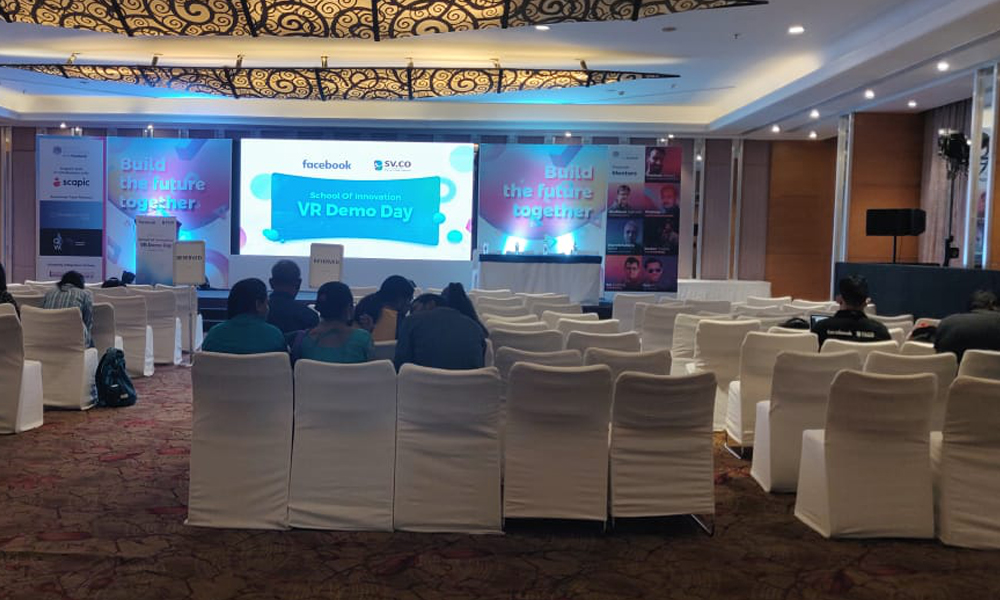
More Personalization
Personalization is trending everywhere. From ads tailored to user interests to show recommendations based on past viewing history. Brands tend to personalize because consumers expect it and it gives results. And virtual events are no exception.
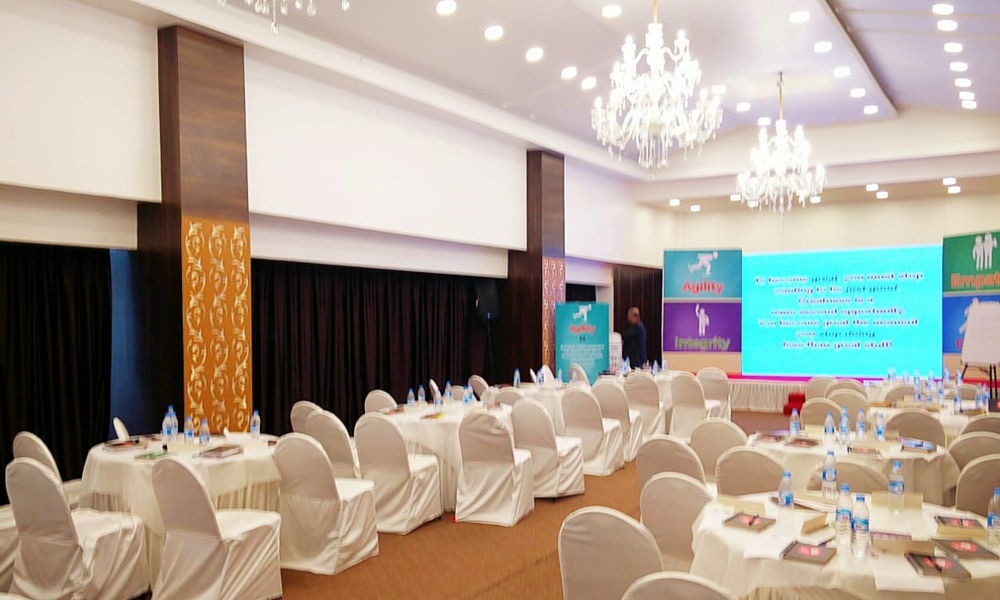
Now It’s Your Turn:
I hope you enjoyed my complete guide to Virtual Events.
Now I want to hear from you:
Which chapter you did like most
Need to Know About Virtual Events
And Virtual Event Objectives and Strategy
Trends of Virtual Events in 2023.
